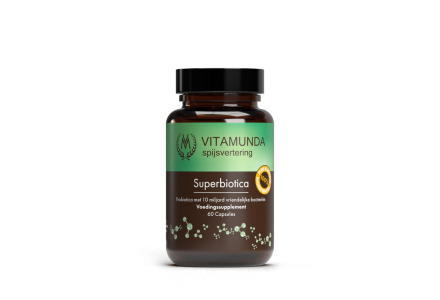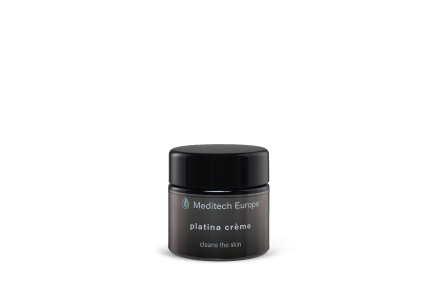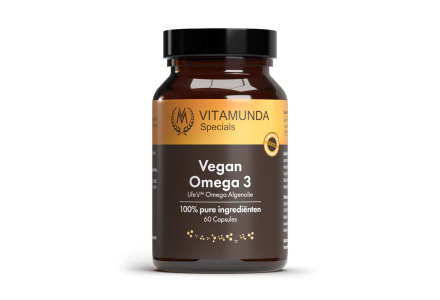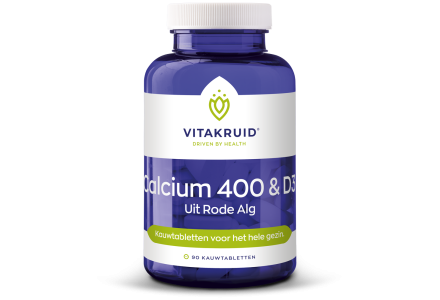
Menopause is a natural part of every woman’s life. It is a period marked by hormonal fluctuations and can be accompanied by various physical and mental symptoms. While every woman experiences menopause differently, there are universal processes the body undergoes. In this detailed blog, we’ll dive deep into the physiology of menopause, exploring the changes that occur in the female body. Additionally, we will discuss supplements and nutrients that can help women experience a smoother transition.
What is Menopause?
Menopause marks the end of a woman’s reproductive years. It typically occurs between the ages of 45 and 55 but can vary based on genetics and environmental factors. The process is defined by the cessation of menstruation and the decline in estrogen and progesterone production by the ovaries.
During menopause, the body undergoes a series of hormonal changes that can cause a range of physical and mental symptoms. This period can last several years and consists of three stages: premenopause, perimenopause, and postmenopause. While menopause is a natural process, it can come with discomforts such as hot flashes, mood swings, and insomnia.
The Physiology of Menopause
Menopause is the result of declining ovarian function, leading to a reduction in the production of estrogen and progesterone. These hormones are crucial for regulating the menstrual cycle and maintaining various body functions such as bone density, heart health, and mood.
Estrogen is primarily responsible for regulating the menstrual cycle and maintaining the reproductive organs. It also plays a key role in maintaining bone health and cardiovascular function. Progesterone, on the other hand, prepares the uterus for potential pregnancy and helps regulate the menstrual cycle.
When the ovaries begin to fail, as they do during menopause, the production of estrogen and progesterone declines sharply. This leads to a cascade of hormonal changes that cause various physical and mental symptoms.
The Stages of Menopause
Premenopause:
Premenopause is the period when menstrual cycles are still regular, but hormone levels are already beginning to fluctuate. Although there are usually no clear symptoms of menopause in this phase, some women may notice slight changes, such as irregular periods.
Perimenopause:
Perimenopause begins several years before menopause officially takes place. During this phase, estrogen and progesterone levels fluctuate significantly, leading to symptoms such as hot flashes, night sweats, mood swings, and changes in menstrual patterns. This stage can last from a few months to several years.
Postmenopause:
Postmenopause begins after the last menstrual period and lasts for the rest of a woman’s life. Hormone levels stabilize at a low level, and the symptoms of menopause gradually subside. However, the risk of osteoporosis and cardiovascular disease increases due to the lack of estrogen.
Hormonal Changes
Estrogen and Progesterone: The Main Players
Estrogen and progesterone are the main hormones produced by the ovaries. During the reproductive years, these hormones regulate the menstrual cycle and support the reproductive system. Estrogen also has a wide range of effects on other tissues in the body, such as bones, skin, and blood vessels.
Progesterone primarily works in conjunction with estrogen to regulate the menstrual cycle and prepare the uterus for possible pregnancy. During menopause, the production of both estrogen and progesterone decreases, leading to a series of changes in the body.
The Role of Luteinizing Hormone (LH) and Follicle-Stimulating Hormone (FSH)
The decline in estrogen and progesterone during menopause causes an increase in levels of luteinizing hormone (LH) and follicle-stimulating hormone (FSH). These hormones, produced by the pituitary gland, are involved in stimulating the ovaries to release eggs. When the ovaries begin to lose function, LH and FSH levels rise as a compensatory response.
Symptoms of Menopause
Menopausal symptoms vary greatly from woman to woman, but there are some common complaints that arise due to hormonal changes.
Physical Symptoms:
Hot Flashes: Hot flashes are sudden, intense feelings of warmth, especially felt in the face, neck, and chest. They are caused by fluctuations in estrogen levels.
Night Sweats: Night sweats are a form of hot flashes that occur at night, often accompanied by excessive sweating, which can lead to sleep disturbances.
Vaginal Dryness: Due to the decrease in estrogen, the vaginal tissue becomes thinner and drier, which can cause discomfort and pain during intercourse.
Weight Gain: Many women experience weight gain, especially around the abdomen, which can be caused by hormonal changes and a slowed metabolism.
Hair Loss: Hair may become thinner or fall out due to the decrease in estrogen, which affects the hair growth cycle.
Mental and Emotional Symptoms:
Mood Swings: Hormonal fluctuations can cause mood swings, anxiety, and depression.
Decreased Concentration: Many women report memory loss or decreased concentration, often referred to as "brain fog."
Sleep Problems: Sleep disturbances can result from both night sweats and other hormonal changes.
Impact on Bones, Heart, and Vessels
Estrogen plays a crucial role in maintaining bone density. When estrogen levels drop during menopause, the risk of osteoporosis increases significantly. Osteoporosis is a condition where bones become more fragile and prone to fractures.
In addition to bones, estrogen also has a protective effect on the cardiovascular system. It helps keep blood vessels elastic and reduces the risk of atherosclerosis, a condition where the blood vessels narrow due to the buildup of fatty plaques. The decline in estrogen during menopause increases the risk of heart disease, making women more susceptible to heart attacks and strokes.
The Role of Nutrition and Lifestyle
Nutrition and lifestyle play a key role in how a woman experiences menopause. Choosing the right foods and adopting a healthy lifestyle can help alleviate some menopausal symptoms.
Some lifestyle recommendations include:
Regular physical activity to support bone health and prevent weight gain.
A diet rich in calcium and vitamin D to limit bone loss.
Avoiding excessive alcohol and caffeine intake, which can exacerbate hot flashes and sleep problems.
Consuming plant-based sources of estrogen, such as soy and flaxseeds, which can help balance hormonal fluctuations.
Supplements that Can Provide Support
Isoflavones:
Isoflavones are phytoestrogens found in soy and other plants. They mimic the effects of estrogen and can help reduce hot flashes and night sweats.
Black Cohosh:
This herb has been used for centuries to relieve menopausal symptoms. Black cohosh is primarily used to reduce hot flashes and mood swings.
Vitamin D and Calcium:
These two nutrients are essential for maintaining strong bones. Especially after menopause, when the risk of osteoporosis increases, it’s important to get enough vitamin D and calcium.
Magnesium:
Magnesium is important for relaxation and can help with sleep problems and mood swings.
Omega-3 Fatty Acids:
Omega-3 fatty acids have anti-inflammatory effects and can help support cardiovascular health, which is important after menopause.
Probiotics:
A healthy gut flora is important for overall well-being and can help support the immune system and improve the absorption of nutrients like calcium.
Orthomolecular Treatments for Menopause
Orthomolecular therapy focuses on optimizing health through the use of nutrition and dietary supplements. In menopause, orthomolecular therapists can support women by offering personalized treatments aimed at balancing hormones and reducing symptoms such as hot flashes and mood swings. Commonly used supplements in orthomolecular medicine include vitamin B-complex, adaptogens like ashwagandha, and herbs such as maca.
Conclusion: Listening to Your Body and Finding Personalized Support
Menopause is a unique experience for every woman, and it’s important to listen to your body and find the right support. Whether you choose orthomolecular treatments, dietary supplements, or other methods to optimize your health during this phase, the key is to feel comfortable with the choices you make.









